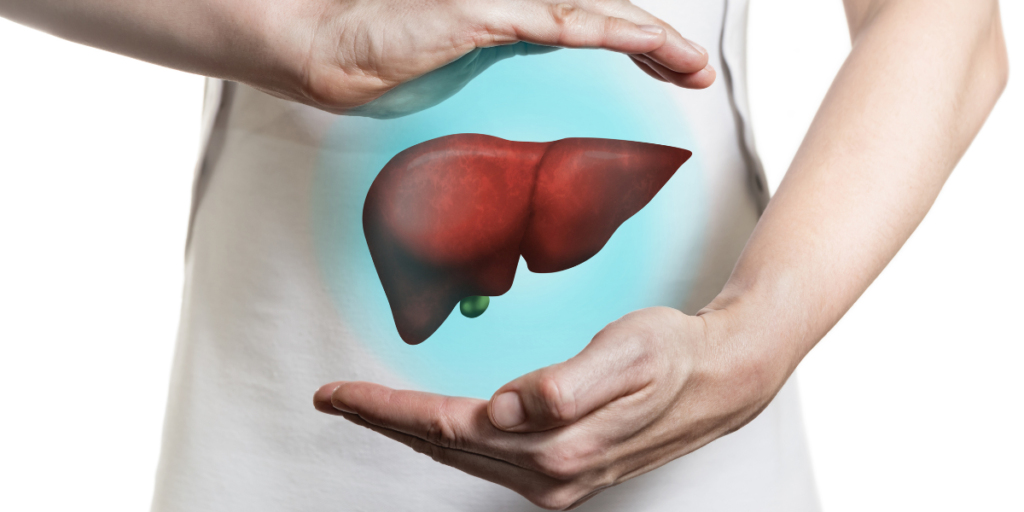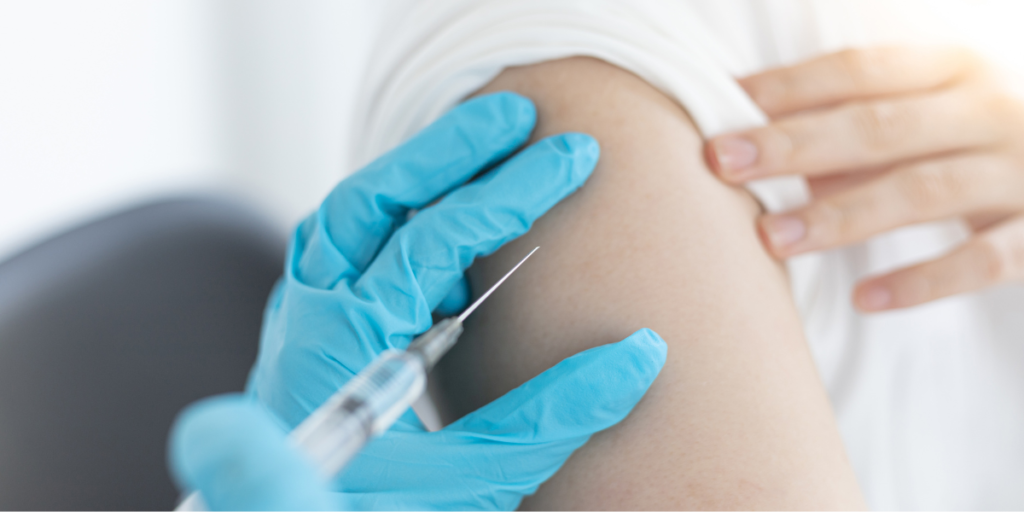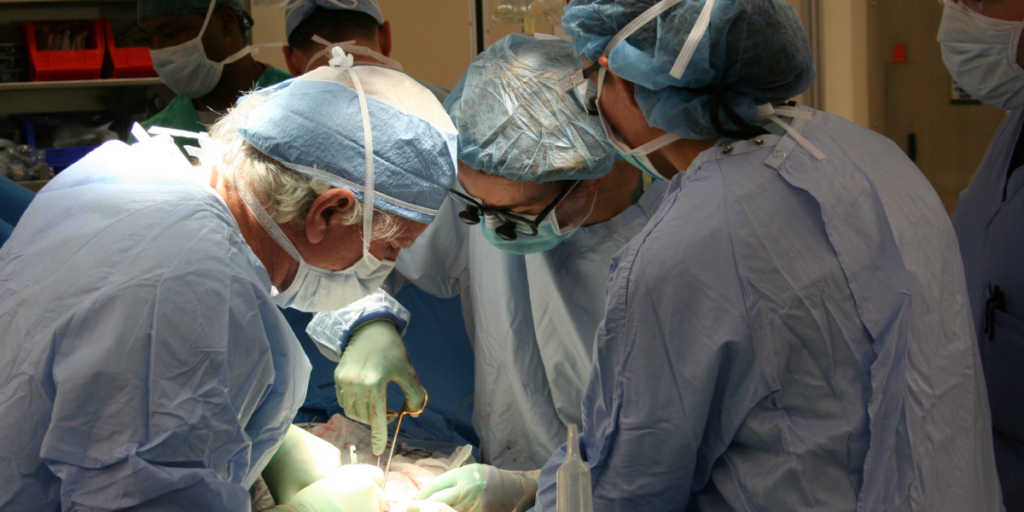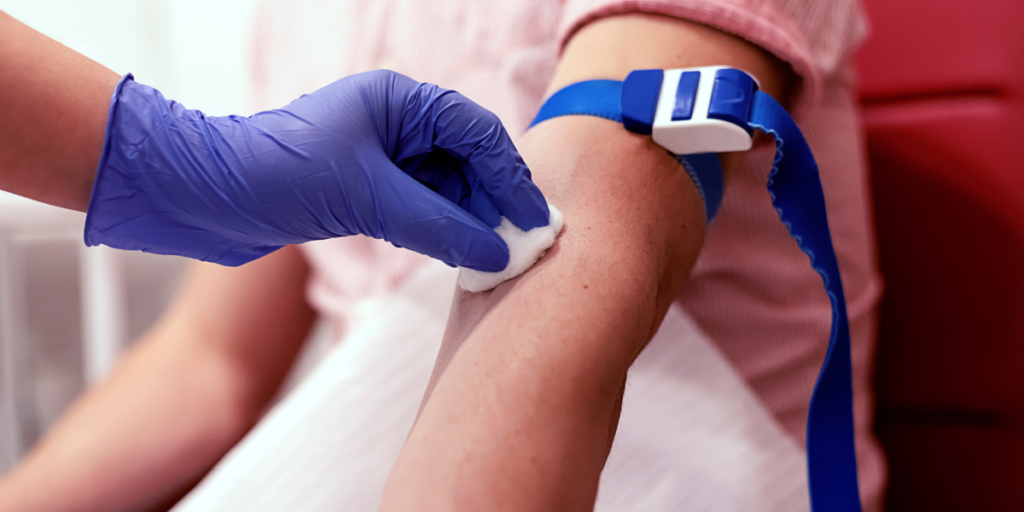Liver cancer is the second most common cause of cancer-related death in the world.
Hitting closer to our home turf, liver cancer was listed as the top 5 most common cancers in Malaysia, and the 6th most common cancer amongst Malaysian men. This is according to the World Health Organisation.
Sadly, 85.5% of these cases are only diagnosed in stages 3 and 4. This is because liver cancer develops quietly and over a period of time. People often do not exhibit obvious symptoms until the cancer is well advanced.
What Is Liver Cancer?
It is an abnormal growth anywhere on the liver. The tumour can either originate directly from your liver (also known as primary liver cancer), or spread from another organ such as your lungs, colon, breast or rectum (secondary liver cancer).
The severity depends on how big the tumour is, and how widely spread it is. (Yes, liver cancer can spread to adjacent structures and other organs too!)
There are 3 types of primary liver cancer:
1.Hepatocellular carcinoma (HCC)
This is the most common form of liver cancer.
2. Intrahepatic carcinoma (IHV)
Another name for this is cholangiocarcinoma. This is a form of cancer of the liver’s bile ducts.
3. Angiosarcoma
This is the rarest form of liver cancer- only 1% of all primary liver cancers have this. It originates in the lining of the blood vessels or lymph vessels. This cancer can occur anywhere in the body, including your skin, spleen or breast. It is also the most aggressive type, with the highest mortality rate.
Liver
Your liver is located on the upper right side of your tummy. It has many important functions in our body, like removing toxins, producing bile. It is also responsible for breaking down dietary fat, making cholesterol, and transporting fat in our body.
Lastly, it converts glucose to glycogen for energy storage and more!
Our liver also regulates blood clotting mechanisms, production of haemoglobin and is responsible for clearing bilirubin from our blood (too much of this can turn our eyes yellow).

Am I At Risk?
Liver cancer can occur in people without any underlying diseases, but there are some risk factors that do increase one’s chance of developing it.
- Men
More men than women are diagnosed with liver cancer.
- Age
The highest prevalence is between ages 55- 64 years old.

- Infection of HBV or HCV
Roughly 50% of cases of hepatocellular cancer (HCC) are due to a HBV infection. 25% are associated with HCV.
In HCC, our genes undergo DNA mutation. We have something called oncogenes and antioncogenes (‘tumour suppressor genes) which regulate the growth of cells and division in our body.
HBV and HCV infect our liver cells, changing the cell DNA – and turn the cells into cancerous cells.
- Have an underlying liver disease
Most liver cancer cases develop due to liver damage or injury. People who have liver cirrhosis (scarring of the liver), fatty liver, gallstones or even HIV, have a high risk of developing liver cancer.
- Family members who have had primary liver cancer
First degree family members with liver cancer can increase your risk of developing liver cancer.
- Alcohol
Overconsumption of alcohol over a long period of time can damage our liver cells and increase our risk of developing liver cancer.
- Obesity and diabetes mellitus
Obese and diabetic patients have double the risk of getting HCC compared to those without these conditions.
What Are The Signs And Symptoms?
During early stages, most people don’t show noticeable symptoms. It is only detected during the later stages.
Some signs include
- Unintended weight loss
- Appetite loss
- Pain or a lump in the upper right tummy
- Fatigue and tiredness
- Atypical tummy swelling
- White coloured stools
- Yellow discolouration of the eyes and skin (jaundice)
If you have any of these symptoms, it is strongly encouraged to see a doctor.
Can I Reduce My Risk Of Getting Liver Cancer?
Unfortunately, there is no ‘golden’ way of reducing your risk of getting liver cancer. However, here are some healthy habits and tips that we can follow to keep your liver happy and healthy.
1. A Healthy Diet
Eating a balanced diet can also reduce our risk of developing other illnesses like diabetes mellitus, GERD, high blood pressure and high cholesterol.
Opt for whole grain carbohydrates, healthy fats, lean protein and fibre-rich foods. Avoid ultra-processed foods like fast food, white bread, pasta or junk food.
2. Sweat it Out
The Ministry of Health recommends a minimum of 150 minutes of moderate aerobic exercise per week. Exercising has many benefits, including weight loss, increasing energy levels and reducing your risk of chronic illnesses. Research shows that it also reduces our risk of liver cancer.

3. Quit smoking
Smoking has been found to speed up the process of liver damage, which in turn increases your risk of liver cancer.
4. Reduce alcohol intake
Alcohol can cause oxidative stress (free radical damage) and inflammation in your liver, leading to an increased risk of liver cancer.
5. Get your HBV vaccine
Hepatitis B is a risk factor of developing liver cancer, namely Hepatocellular Carcinoma (HCC). Get vaccinated today!

6. Avoid transmission of Hepatitis C
Hepatitis can be transmitted through unprotected sexual intercourse and/ or sharing of injected needles with an infected person.
It is important to attend regular health screenings and check-ups to ensure you do not have any underlying illnesses or diseases.
How Is The Staging Determined ?
The Barcelona-Clinic Liver Cancer (BCLC) staging classification is a popular method in diagnosing and measuring prognosis of patients.
Stage 0
There is one single tumour which is <2cm. No metastasis (carcinoma-in-situ).
Stage A (mild)
There are 1-3 nodules on the liver, all of which are <3cm.
Stage B (intermediate)
There are more than 3 nodules on the liver.
Stage C (advanced)
Liver cancer has spread to neighbouring structures- portal invasion.
Stage D (terminal)
Terminal stage. Cancer has already metastasized to other organs.
Your doctor will then be able to come to a conclusion on how to treat and target the cancer moving forward.
How Is Liver Cancer Treated?
Sadly, most people who come to the hospital are already very much in the advanced stages of the cancer.
Some curative methods include:
Surgical resection
This is a procedure where the tumour on our liver is surgically removed.
Liver transplant
Our ailing liver is removed and replaced with a healthy and well-functioning liver from a donor.

Chemotherapy
Strong anti-cancer drugs which directly kill our liver cancer cells.
Radiotherapy
This procedure uses high doses of radiation to kill cancer cells in our liver. It is useful in controlling symptoms in advanced stages of liver cancer.
Radiofrequency ablation
This method involves heating cancer cells with electric current to destroy them. Thin needles are inserted in our abdomen using an imaging guide like ultrasound, and heated with an electric current.
Cryoablation
This approach requires extreme cold to destroy cancer cells. A cryoprobe which contains nitrogen is inserted directly onto the cancer cells. Your doctor may use ultrasound to monitor and guide the insertion.
Supportive care
This additional course of action serves as a tool alongside other procedures such as surgery, chemotherapy and radiation therapy. It provides relief from pain and other symptoms.
Do I Have Liver Cancer?
There are many ways to diagnose liver cancer.
Blood tests
A liver function test is a useful diagnostic tool to monitor abnormal levels in the liver. This test measures protein and enzyme levels in our blood like alanine transaminase (ALT), aspartate transaminase (AST), alkaline phosphatase (ALP), bilirubin, gamma-glutamyltransferase (GGT) and more.

Radioimaging
Ultrasounds, CT Scans and MRI scans are helpful in assessing the size of the tumour and the staging of liver cancer. These scans also detect if the cancer has spread to other parts of our body.
Biopsy
This procedure involves removing a piece of our liver tissue. The doctor then examines the sample under a microscope to see any abnormal cells. Most liver tumours are inside the liver, so it is difficult to diagnose upon just looking at the normal liver surface.
Health Is Wealth
Did you know that early diagnosis and treatment can increase your survival rate by 50%?
Detecting cancer at its early stages is extremely important.
The health and wellbeing of you and your loved ones are of utmost importance to us. Unsure of where to start? Schedule an appointment with us! We are more than willing to guide and support you on this journey.
We also have ultrasound and CT scan guided biopsies to ensure you have a happy and healthy liver without putting you to sleep.
Sign up for a health screening with us today!
References
- https://gco.iarc.fr/today/data/factsheets/populations/458-malaysia-fact-sheets.pdf
- https://www.moh.gov.my/moh/resources/Penerbitan/Laporan/Umum/2012-2016%20(MNCRR)/Summary_MNCR_2012-2016_-_06112020.pdf
- https://www.cancer.org/cancer/liver-cancer/detection-diagnosis-staging/staging.html
- https://www.mayoclinic.org/diseases-conditions/liver-cancer/diagnosis-treatment/drc-20353664
- r https://www.cancer.gov/about-cancer/treatment/types/radiation-therapy
- https://www.ncbi.nlm.nih.gov/pmc/articles/PMC6024046/